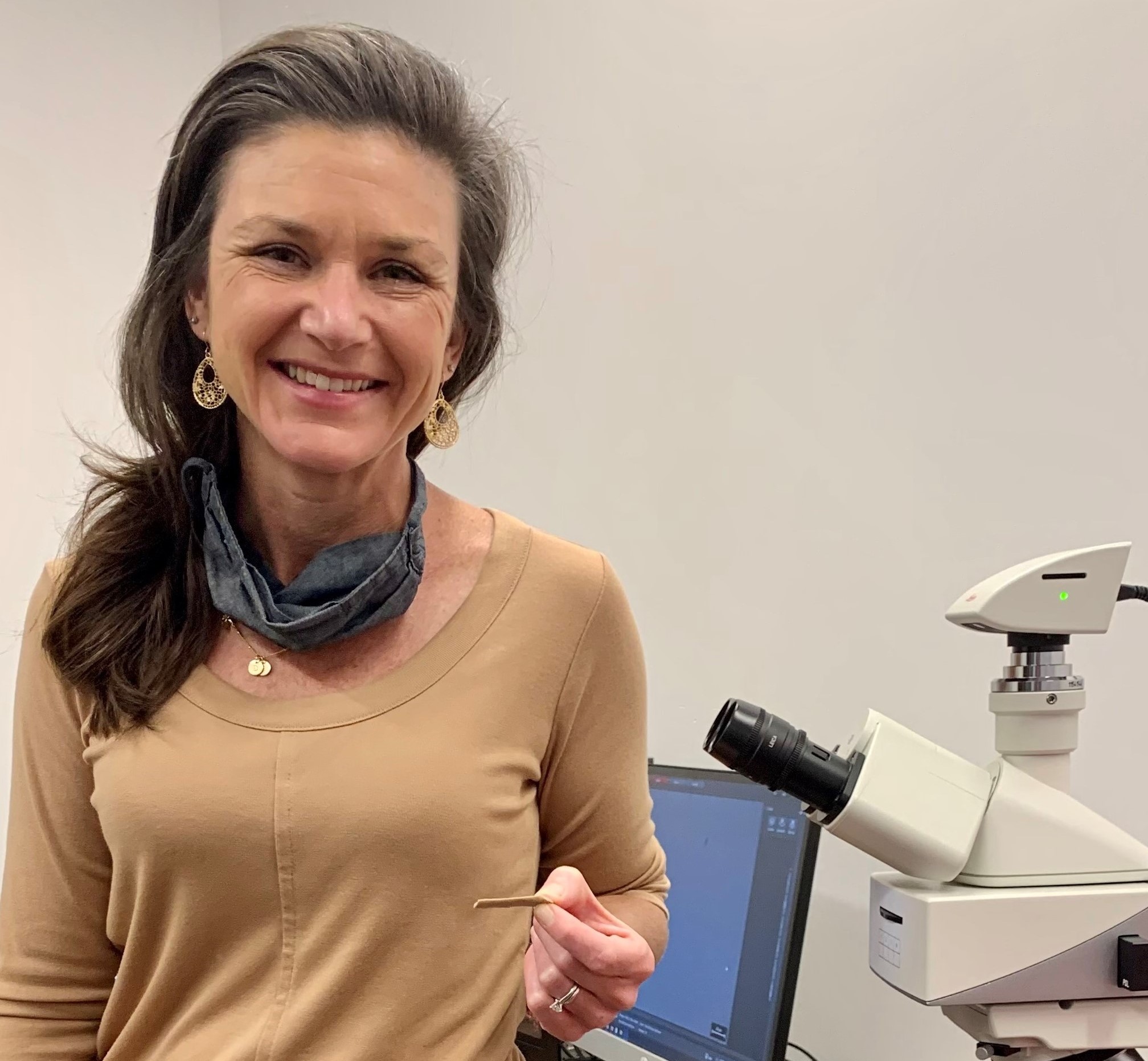About
My research explores the peopling of the Americas—when and how modern humans colonized the New World at the end of the Ice Age. I am interested in how this process took place in the American Southeast. To do this, I study the stone tool record to describe how early hunter-gatherers produced their technology and document evidence of stylistic and technological variation in tool design. I have analyzed stone tool assemblages from key sites throughout the Southeast, including Topper, SC, Carson-Conn-Short, TN, Williamson, VA, Gault, TX, and Brand, AR. My analyses have helped address a variety of questions about Paleoindian and Archaic lifeways in the region. I have investigated how the process of Clovis settlement took place, when early cultural regionalization began, how these early hunter-gatherers organized their technology in the context of subsistence and land-use strategies, and what the stone tool record reveals about Paleoindian ritual behavior. I also conduct lithic microwear analysis to determine how stone tools were used in the past. The laboratory at U of L houses a microscope useful for identifying microscopic traces, such as striations and microflaking.
I am the PI of an ongoing field-based project in Georgia in the Phinizy Swamp area of the Savannah River. This area has produced one of few known Clovis points in a buried context in the Southeast. With support and funding from the Georgia Department of Transportation and Georgia Department of Natural Resources, the goal of this project is to re-locate, excavate, and fully document the Paleoindian component of site 9RI381. Excavations have revealed the presence of a buried, stratified site with late, middle, and early Archaic components, and a Dalton Paleoindian component; the site has occupations spanning approximately 8,000 years. Analyses of these assemblages are currently underway.
My research incorporates key components of my teaching philosophy: providing intensive mentoring, hands-on, field work-based experiences, and research opportunities as critical components of effective pedagogy. They also reflect my commitment to and experience with applied anthropology—through venues as diverse as public outreach and education, archaeological methods, and artifact analysis. I teach a variety of courses, including Archaeology of Human History, Rise of Civilizations, Ice Age Peoples: Colonization of the Americas, and plan to teach Introduction to Archaeology and Kentucky Archaeology.
I am interested in working with graduate students focusing on lithic analysis, usewear analysis, and the Paleoindian and Archaic records of the American Southeast.
Research & Teaching Interests
Prehistory of the American Southeast, Paleoindian and Archaic hunter-gatherer adaptations, flaked stone artifact analysis, technological organization, cultural evolution, human-environment interactions.
Current Research
Investigating Dalton point functionality through technological and usewear analyses of the point assemblage from Brand site, AR and experimental Dalton points; exploring the uniqueness of the Sloan Dalton Cemetery, AR through synchronic and diachronic comparisons; Georgia Paleoindian and Early Archaic records.
Professional Affiliations
Society for American Archaeology
Southeastern Archaeology Conference
Phi Beta Kappa Honor Society
Greater Atlanta Archaeology Society

